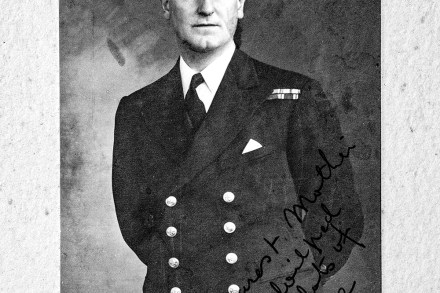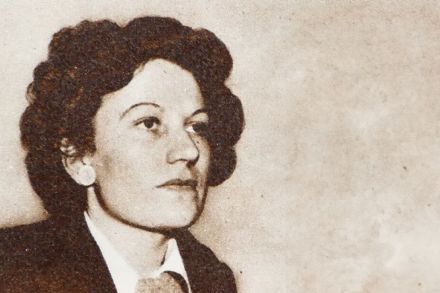The spy with the bullet-proof Rolls-Royce
‘Biffy’ Dunderdale (1899-1991) was a legend in his own lifetime within MI6. Born in Odessa to an Austrian countess and a British trader representing Vickers, his cosmopolitan upbringing endowed him with English, Russian, German, Turkish, French and Polish. His real first name was Wilfred, Biffy being acquired through youthful handiness with his fists. Biffy played an important role in smuggling the Polish copy of the Enigma cipher machine to London Education and family connections made him intimate with prominent Levantine trading families such as the Whittalls, Keuns and La Fontaines. Members of each served with him in MI6 and two into modern times. Early in the first world war he




